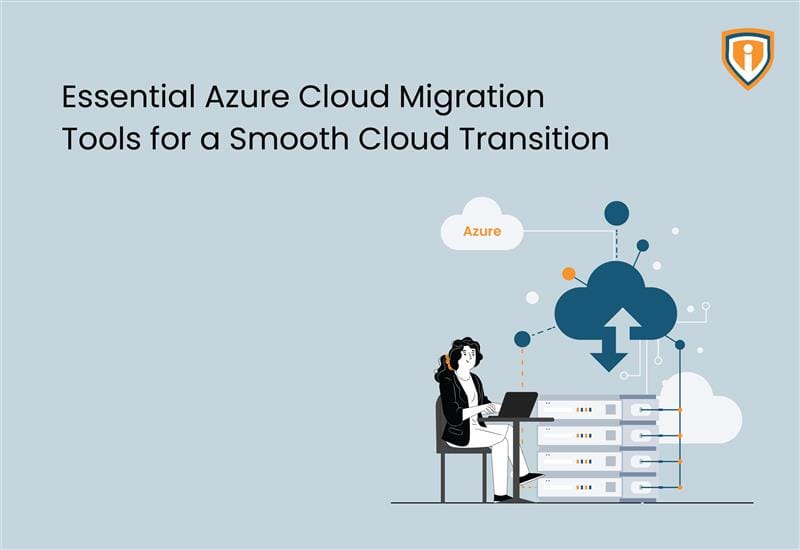“White-label businesses are increasingly being used by companies to supplement their primary expertise. Here’s why.”
A small IT business’s primary deliverables include meeting timelines and managing stakeholders’ and clients’ expectations. However, the majority of these businesses face significant challenges in managing more complex client assignments while maintaining quality and budget control.
If your IT business is experiencing difficult customer requests, whether for help desk assistance, cybersecurity, or another IT service, why not recruit a partner who has dealt with similar issues in the past? White-label managed It service companies save the day for struggling SMBs.
Fundamental Methods White Label MSPs Handle Complicated Client Requirements
You may believe that your in-house IT team is enough for dealing with customer needs, however, a professional white-label team offers substantial benefits over your IT employees. Here are a few
Examples:
Putting Together an Agile Business Network
Scalability is one of the most important considerations for developing IT firms. With so many major strategic company policies to work on at the same time, the specialized staff is needed to focus on adjusting to changing customer needs. White-label MSPs services may efficiently meet your clients’ needs.
New Technology Implementation
It takes time to create new solutions from the beginning to improve the operations of your IT business. Partnering with a white-label MSP, on the other hand, will allow you to immediately deploy their proven and established IT solutions, providing you with a competitive advantage.
Keeping Risks to a Minimum
One of the most obvious advantages of partnering with a white-label managed IT services provider is their ability to limit the harm caused by numerous hazards to your IT organization. With an anticipatory strategy, white-label businesses enable small IT entrepreneurs to anticipate and address any infrastructure issues that may occur as a result of a customer request.
Reduce operational complexity
Outsourcing your clients’ IT requirements to a white-label MSP can provide your business operation the clarity it needs to grow regularly and successfully if you are trying to build your IT organization and emerge triumphant among your business rivals.
Optimal Management
White-labeling MSPs offer customized solutions that enable you to oversee your IT firm’s many vendors and applicable technologies from a single platform. When you don’t have to conduct extensive research to discover business-critical information, such as how your suppliers and IT solutions are performing, you have more time to focus on creating sound business development strategies.
Final Takeaway,
White labeling for certain software and cloud service providers, and IT support services may be game changers. You can relieve your staff of the strain of IT support while also providing innovative services to your consumers.
However, the right partnerships can help you expand your business in other ways.
When you partner with us, you may select the sort of partnership that is best for your business. This adaptability allows you to exert as much control over the procedure, branding, and client experience as you desire.
We are here for you whether you are a small or mid-sized MSP trying to minimize costs and are open to outsourcing. The advantage of using a White Label Service Provider is that we may stay anonymous. As a result, you may present the services we provide in your name. The advantage for you is that you may broaden your service offering and offer it to your clientele. It’s a win-win situation for both parties.
FAQs of White Label Managed Service Providers
What is a white label managed service provider?
A white label managed service provider (MSP) is a company that provides IT services to businesses under the business’s branding. The white label MSP operates in the background, providing the IT support and services to the business’s clients, but the business presents the services as their own.
What are the benefits of using a white label MSP?
The benefits of using a white label MSP include the ability to offer a wider range of IT services without investing in additional resources, improved customer satisfaction and retention, and the ability to scale up or down as needed.
What services can a white label MSP provide?
A white label MSP can provide a wide range of IT services, including managed network services, cloud computing, cybersecurity, backup and disaster recovery, virtualization, and more.
How do white label MSPs differ from traditional MSPs?
White label MSPs differ from traditional MSPs in that they operate in the background and provide services under the business’s branding. Traditional MSPs typically work directly with the business and are recognized as the provider of the IT services.
How does a business work with a white label MSP?
A business works with a white label MSP by partnering with them to provide IT services to their clients. The business contracts with the white label MSP to provide the services, and the MSP provides the services under the business’s branding.





